
In the past, research had been focused on tooth damage caused by tooth whiteners to the outermost part of the tooth, known as the enamel. More recently, research is beginning to show that the hydrogen peroxide used in most tooth whiteners is damaging the tooth layer just underneath the enamel - the dentin. The dentin is a protein-rich area that binds the roots of the tooth to the gum. Hydrogen peroxide appears to break the tooth collagen found in the dentin into smaller fragments, effectively reducing collagen levels. While collagen can be replaced over time, it is a slow process. So if you want to keep your teeth healthy, avoid hydrogen peroxide based products. Here are some ways you can keep your teeth white safely and naturally.
Activated Charcoal
Activated charcoal is a fine-grained black powder made from a variety of natural substances, such as coconut shells, olive pits, slowly burned wood, and peat. It is very porous and highly adsorbent. It is it's absorbent nature that allows it to bind to toxins, odors, and stains. While the American Dental Association (ADA) has not approved the safety of using activated charcoal for tooth whitening, there are thousands of testimonials for many products that support it's effectiveness. One of the side benefits of using a natural charcoal based toothpaste is they generally don't include any toxic ingredients. You can check out the scoring of toothpaste here at the Environmental Working Group - EWG.
Baking Soda
Baking Soda is alkaline and has a pH of 8.1. This allows it to neutralize the acids in the mouth. It is a mild abrasive and gently cleanses and polishes the teeth, and can help freshen the breath. Simply mix equal parts baking soda and water to make a paste. You can apply the paste to your teeth with your fingers or a soft-bristled toothbrush. Gently brush for about two minutes using circular motions, making sure to coat all of your teeth with the paste. Spit out the baking soda, and rinse your mouth with water, when you're done.
Clay
There are several types of clay that are commonly used in dental products. White kaolin clay is high in calcium, silica, zinc, and magnesium. It helps to whiten and polish teeth. Bentonite clay is nontoxic and rich in vital minerals that are found in your teeth and gums, like calcium and potassium. It is a cleansing clay that gently scrubs and polishes the teeth. French green clay is very absorbent and helps cleanse the tissues from things like oils, toxins, and impurities found on the surface. It contains decomposed plant matter as well as many trace minerals that support the teeth
Oil Pulling
Oil pulling is an ancient technique that originated in Asia. It is done using about a tablespoon of organic coconut oil and swishing it around around in your mouth while you're busy doing other things. About 15 to 20 minutes of swishing, spit it out into a trash can. Studies suggest that oil pulling can kill bacteria in the mouth and improve dental health. And because it is anti-inflammatory in nature, it can help reduce gum inflammation.
Olive Oil
Because it is liquid, olive oil can travel between your teeth and gum line and easily remove any leftover food debris missed by your toothbrush. It can also eliminate toxins in the mouth that can cause staining. And because olive oil is a fat, it can remove lipid soluble stains on the enamel that are not removed by brushing alone. You apply the olive oil to either your tooth brush and it will fight chemicals and stains on your teeth that toothpaste may have missed. You will want to use organic cold-pressed extra virgin olive oil to whiten your teeth, because it is the freshest, least processed and the least likely to contain any harmful chemicals.
Did this help you? If so, I'd greatly appreciate it if you commented and/or share it on social media.

Email: sharonledwards@hotmail.com
Facebook: https://www.facebook.com/sharonledwardsbiz/


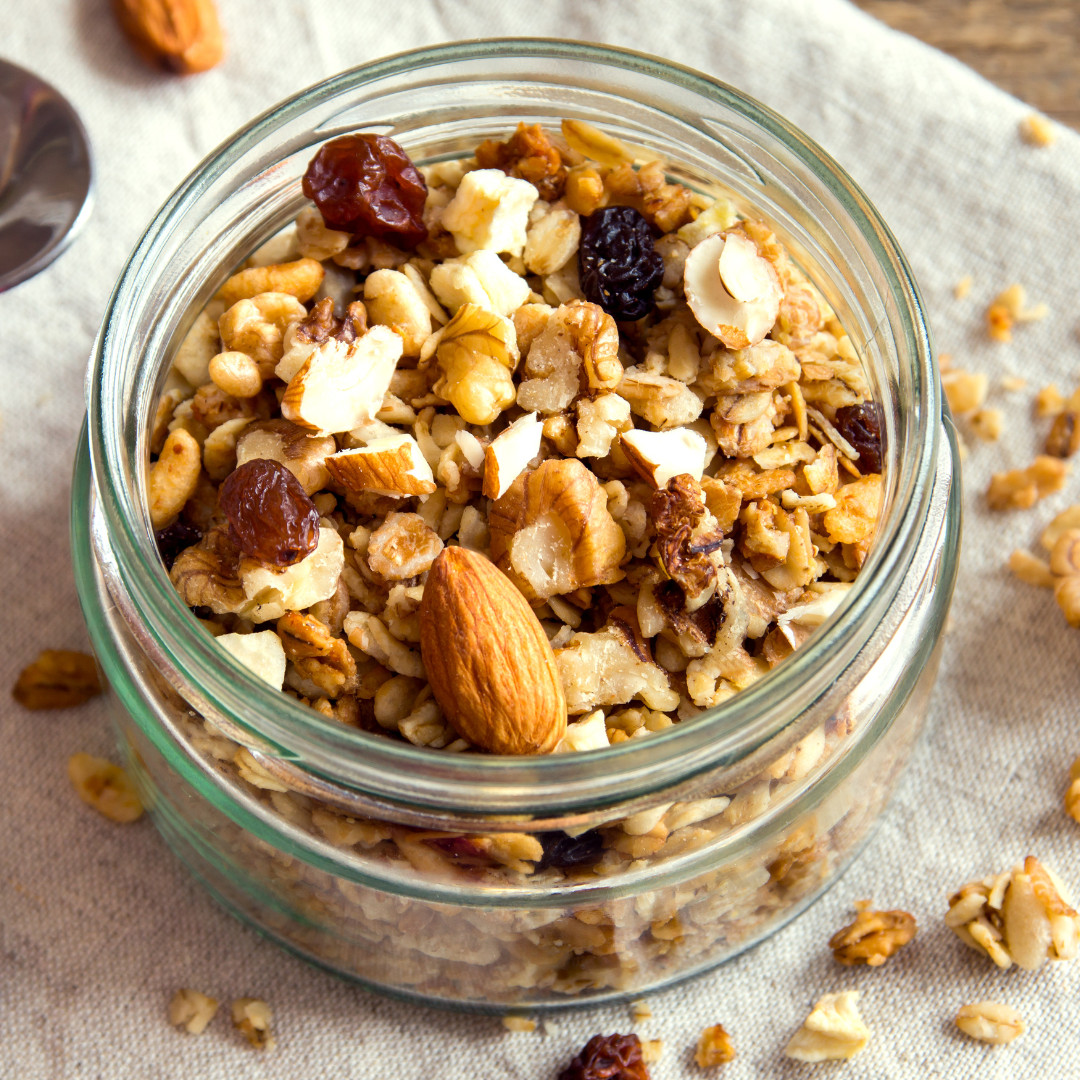
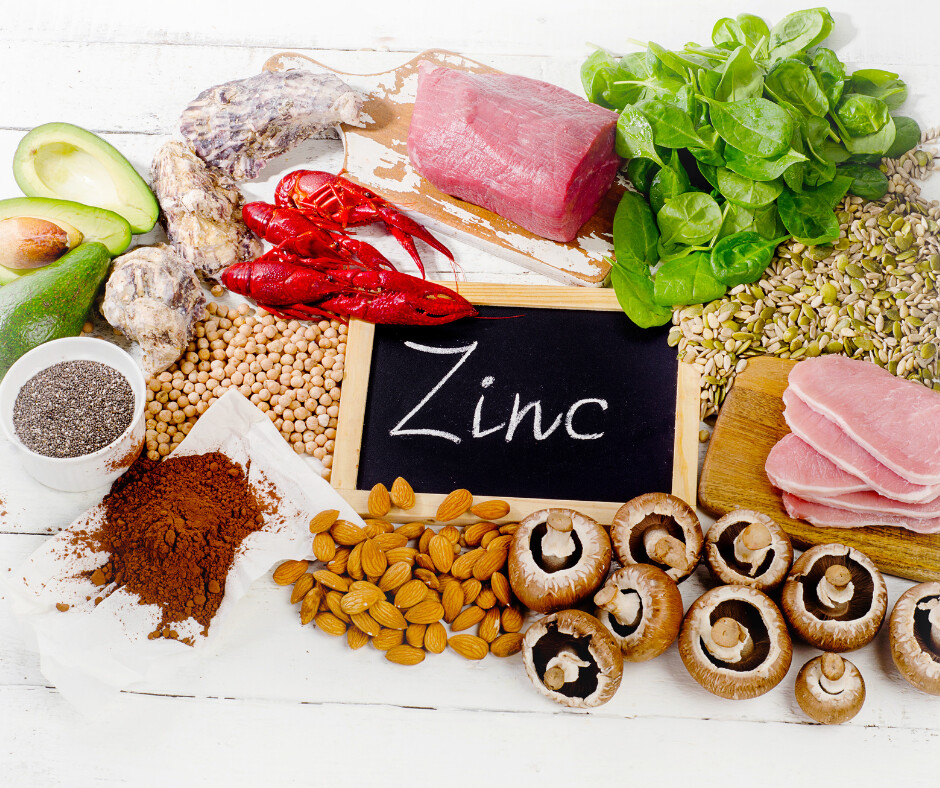
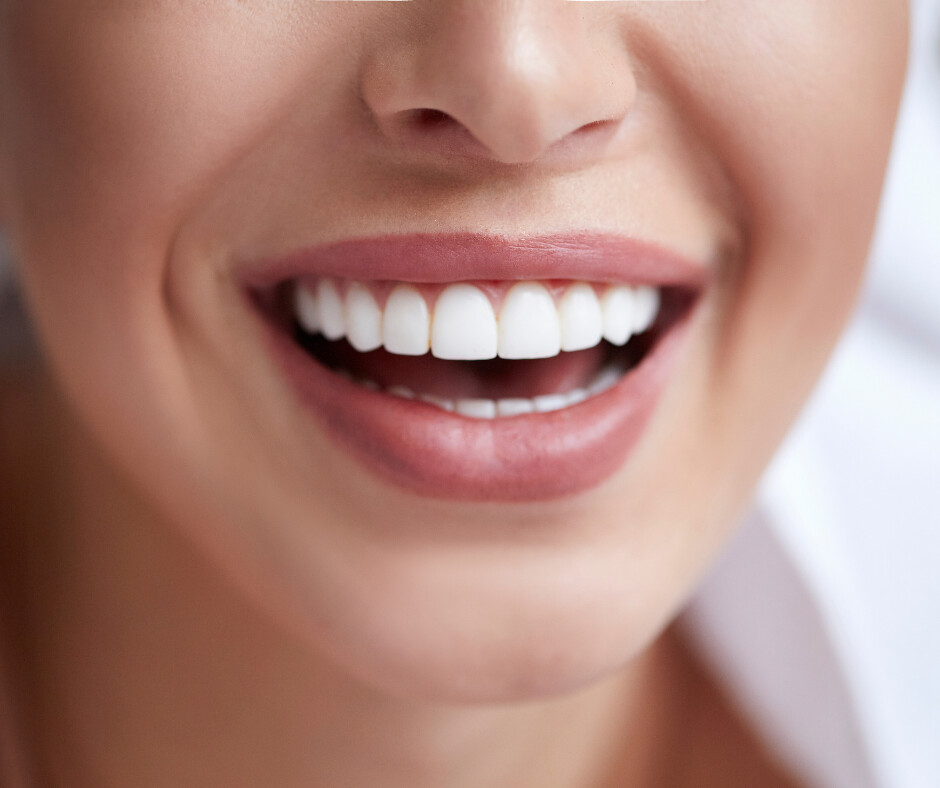

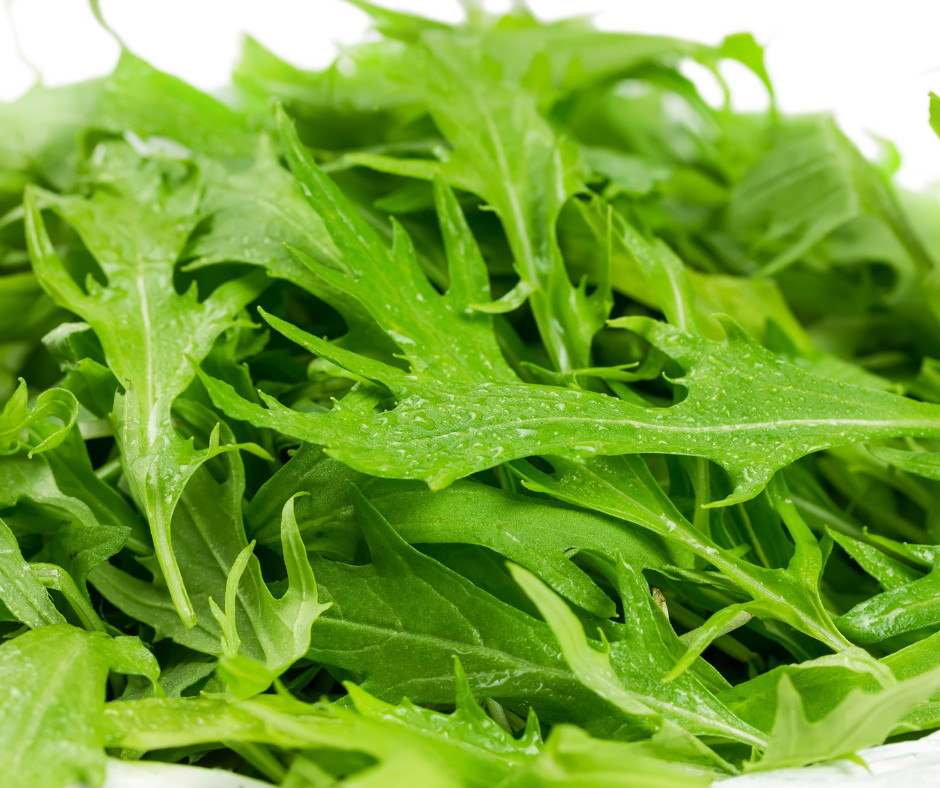


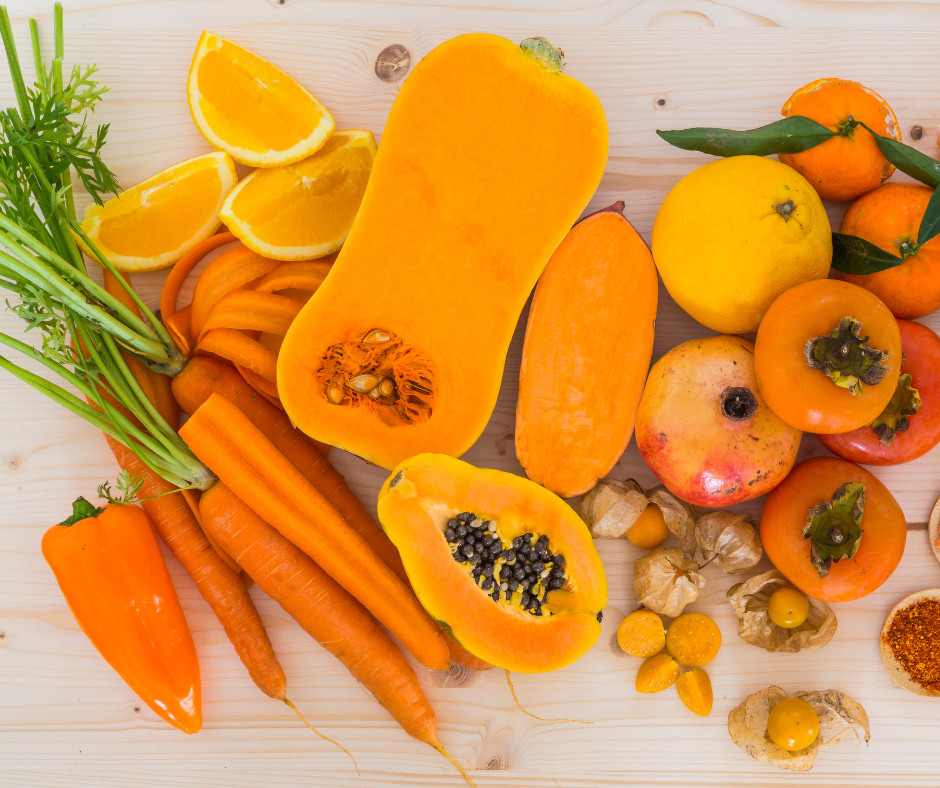
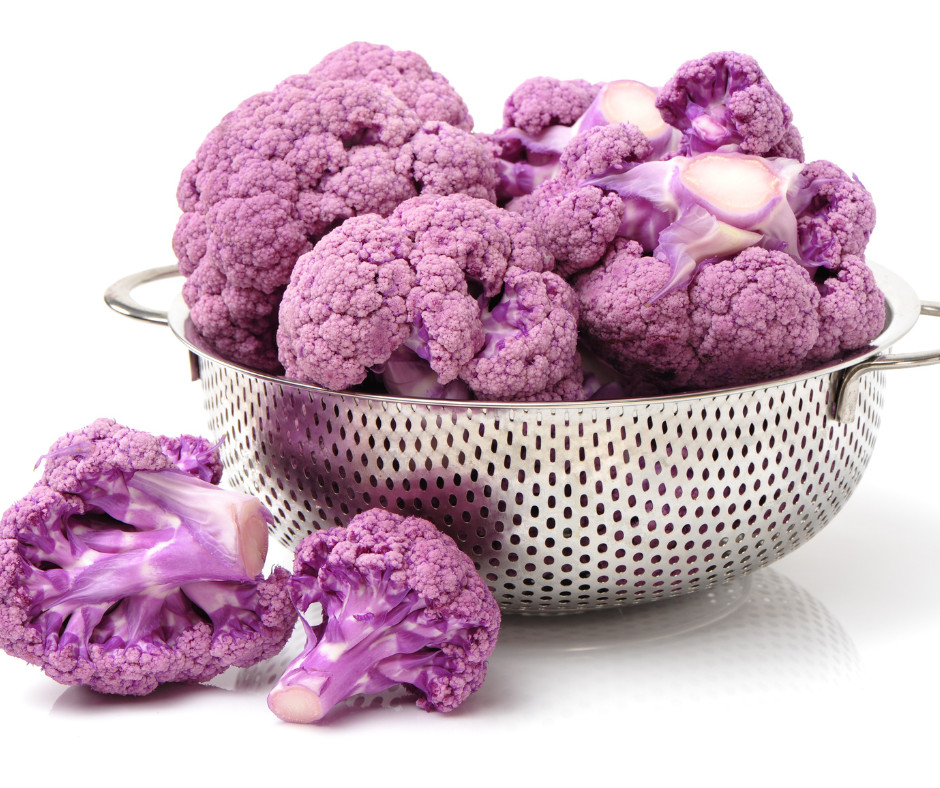
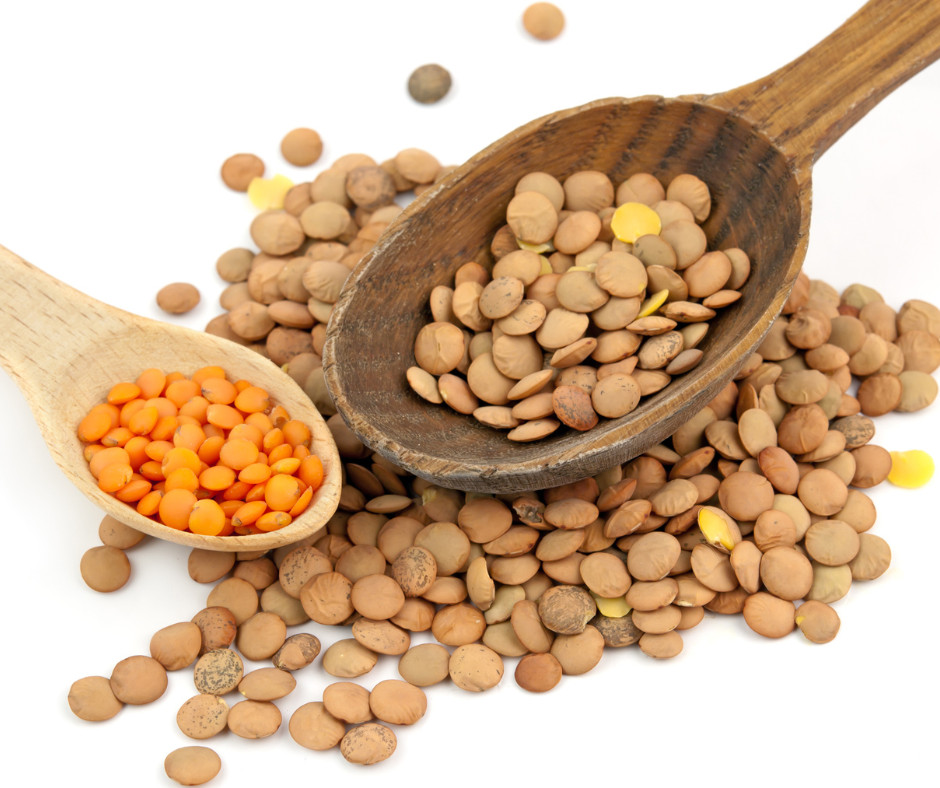
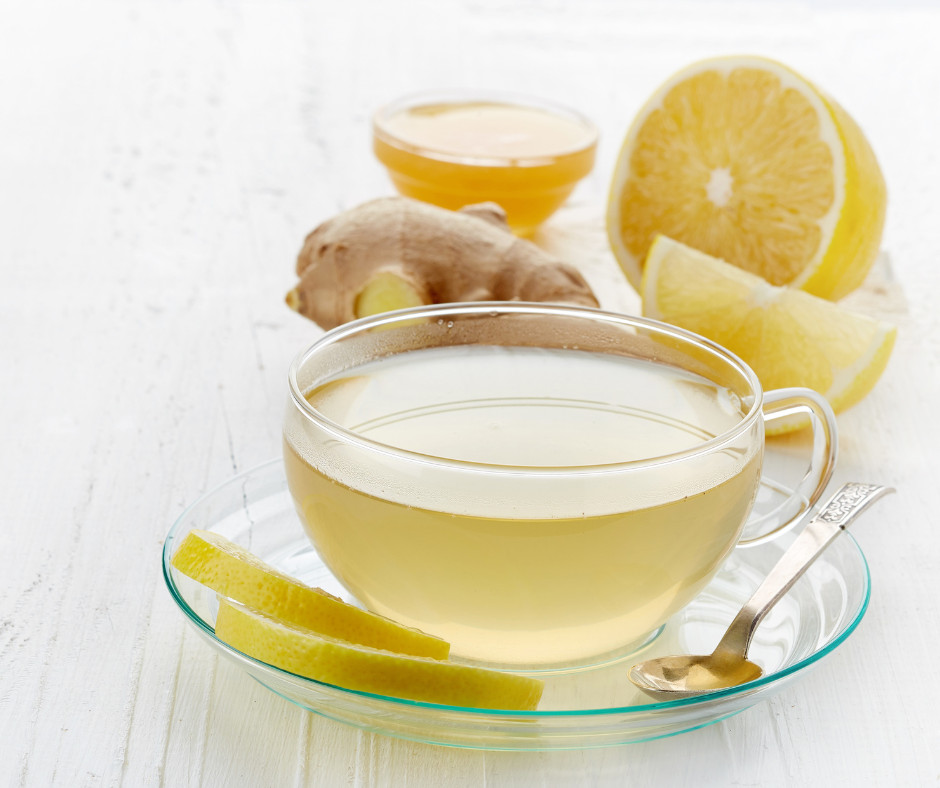





0 Comments